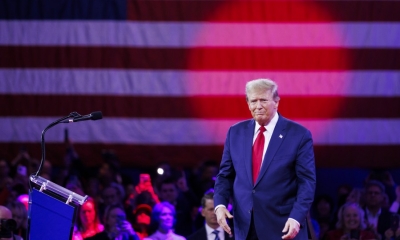A Closing of U.S.-China Relations
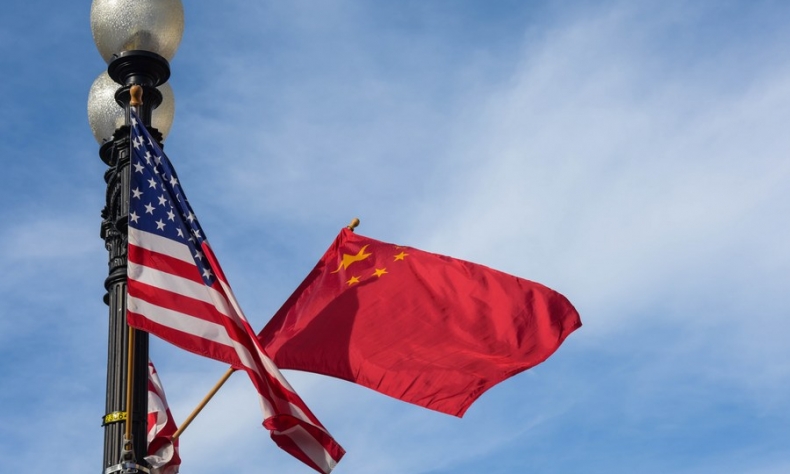
Washington should end its hegemonic delusions, sober up, cooperate with major powers, and be a responsible actor on the world stage.
The Pelosi escapade on the island of Taiwan is a strategic error in U.S. foreign policy. While President Richard Nixon initiated the 1972 “Opening” to China, the Biden administration by supporting the Pelosi debacle marked a certain “Closing” of the U.S.-China relationship.
China has not closed the door altogether. Beijing has left it ajar. The Chinese ambassador to the United States has not yet been recalled for consultations and the U.S. ambassador remains in Beijing for now.
China has been patient over the years in the face of escalating U.S. provocations. Russia was also patient until Washington and NATO crossed a red line supporting Ukraine. Russia was not bluffing. But some in Washington are foolish enough to believe that China is bluffing.
President Richard Nixon wisely opened relations with China a half century ago. President Jimmy Carter followed up and normalized relations with Beijing. Carter made it clear that the U.S. considered Taiwan a part of China. Various documents and communiqués underscored this “One China policy”.
Contrary to long established U.S. policy, the Biden administration supported the Pelosi visit to the island of Taiwan. Secretary of State Anthony Blinken did not hesitate to endorse her provocative visit. President Biden facilitated her visit and she was permitted to use a U.S. military aircraft.
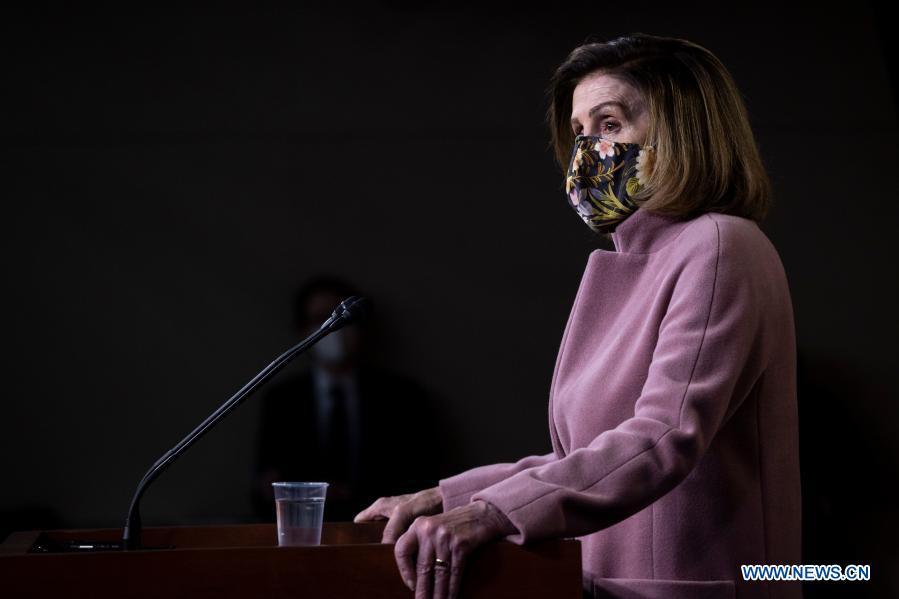
Under the U.S. Constitution, the president has control over foreign policy. The House of Representatives has responsibilities such as appropriation of funds and oversight. The Senate has responsibilities such as confirming ambassadors and other high officials, oversight, treaties, and giving advice and consent on matters related to foreign policy.
But the president is in charge of foreign policy and he is also the commander in chief of the U.S. military. In Biden’s case, he is also the leader of the Democratic Party in which Pelosi is a key figure. Biden’s policy toward China is a continuation of the Trump policy in terms of economic warfare such as the trade war and the tech war. Biden continues the militarization of U.S. policy in the Asia-Pacific that was increased under the Obama administration and called the “pivot”. Biden maintains and depends the U.S.-Japan-India-Australia alignment against China.
The U.S.-China relationship was already almost at rock bottom prior to the Pelosi provocation. It is tumbling further into the abyss now. Repairing the damage to bilateral relations will take a long time. But there has been a qualitative negative change in relations that will be hard to erase.
Will U.S.-China relations improve during the Biden administration?
Evidently the answer is no. After a year and a half of Biden relations have declined sharply. A new U.S. president will take office in January 2025. Washington has been increasingly hostile to China as well as to Russia.
One hundred U.S. senators just voted to label Russia a “terrorist sponsoring state.” This is an unprecedented move and indication of the deep and implacable hostility of U.S. politicians to Russia. The same implacable and bipartisan hostility to China is demonstrated by the Pelosi provocation which received strong and immediate support from many Republican members of Congress.
Relations cannot improve with China or with Russia without a complete change of the delusional attitude of U.S. politicians and political elite. This is unlikely any time soon or even in the medium term.
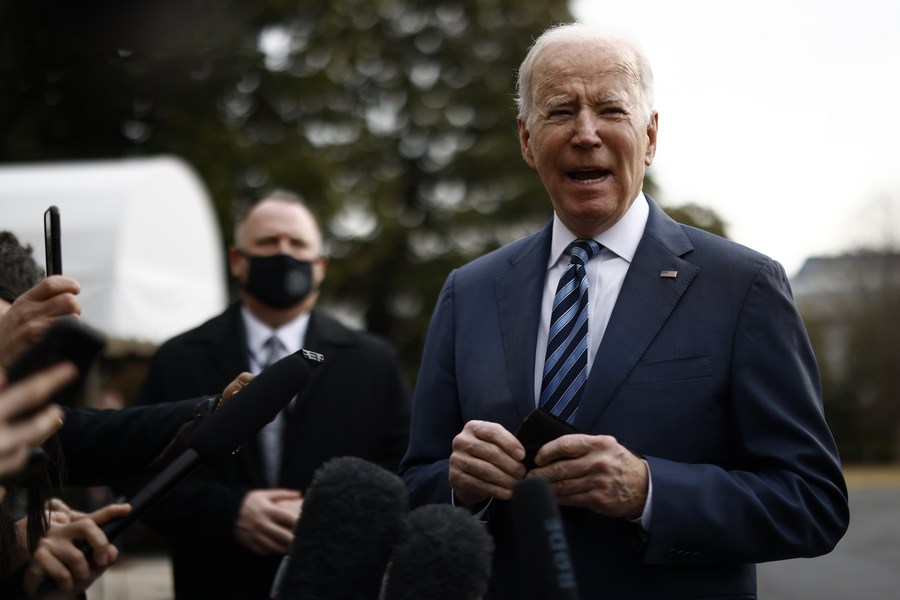
Reality check for Washington?
China is not sitting back and its reaction to the Pelosi provocation and U.S. policy will necessarily become sharp and prolonged. Beijing has no other option in the face of U.S. hostility.
Just as the U.S. and NATO have used Ukraine as a dagger pointed at Russia, they use Taiwan as an “unsinkable aircraft carrier” pointed at China. Military historians point out that Japan launched attacks from occupied Taiwan island against Chinese mainland. Do delusional and ill-informed U.S. politicians believe China has a short memory?
Experts are starting to call the current situation the “Fourth Taiwan Straits Crisis”. In the past there were three: 1954-1955, 1958, 1996. The present crisis is unprecedented in both its political, diplomatic, and military dimensions.
The unprecedented scale and intensity of the Beijing’s reaction to the Pelosi provocation is a signal. While providing a comprehensive military exercise in general it also points to practice for “liberation of Taiwan” by military means if needed in the future.
Should it become necessary in the future to use military means for reunification support from Russia can be expected. Russia is already fighting an existential war in Ukraine against the U.S. and NATO. The U.S. will confront two major powers with a wide range of devastating firepower. Will NATO allies in Europe want to engage in such a catastrophe? And what about Japan?
As developments resulting from the Taiwan crisis unfold, Washington will be confronted by a resolute China of 1.4 billion people. At the same time, the United States is in an unprecedented internal socio-economic crisis and engaged in endless foreign wars in the Middle East and in Europe.
The U.S. lost the wars in Korean, Vietnam, Iraq, and Afghanistan. But the delusional politicians in Washington have learned no lessons. Washington does not have a diplomatic policy. It has a militarized foreign policy, a war policy with its associated economic war, technology war, and cognitive war. The U.S. has not been at peace in decades.
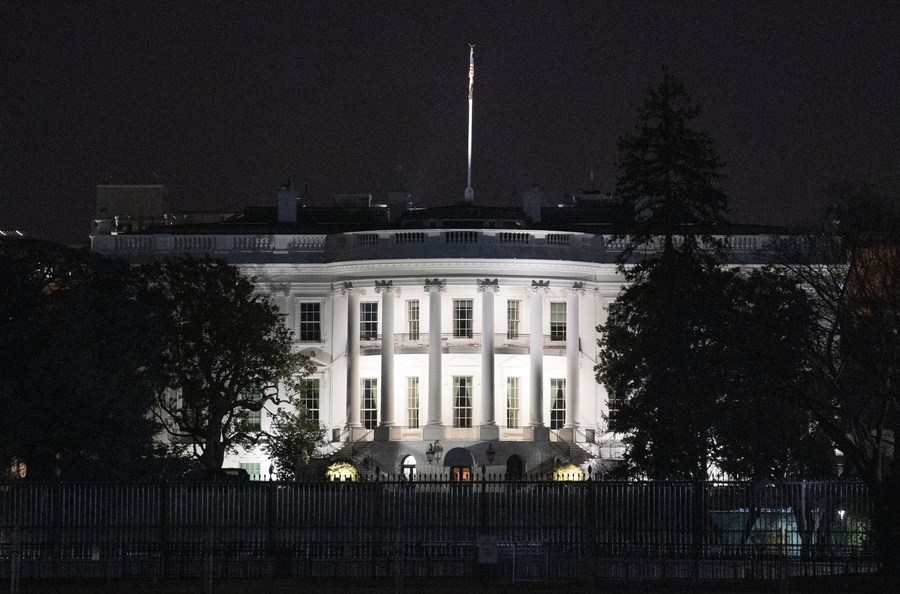
Isolated and against the trend
The U.S. is increasingly isolated globally. Washington’s policy of endless war destabilizes the planet and billions around the world are tired of it. The world outside “the golden billion” of the white “Atlantic community” rejects U.S. imperialism and hegemonism. The trend toward multipolarity advances inexorably. Washington has not adjusted to this trend and, apparently, will not adjust in the near term or even in the medium term.
Has the United States lost the future? Back in 1991 when the Warsaw Pact dissolved and the Soviet Union ended Washington had the opportunity to take advantage of the end of that Cold War era. U.S. politicians could have taken a decision to retrench and to prepare for an inevitable multipolar international system.
But U.S. politicians chose a different path. Washington went on its self-deluding “unipolar” binge for three decades. Hegemonism and endless war burdened Americans and destabilized the world. But the world has changed.
Power shifts through the centuries. Five centuries of Western imperialism and colonialism are ending as a new multipolar order comes into being. The trend of the times is for peace and development. The process of the emerging multipolar world is an objective fact although its speed and end state are uncertain.
Realistically, the world cannot expect U.S. policy to change in the near or medium term. A new president and administration after the 2024 elections apparently will make little difference. Perhaps by the 2028 or the 2032 elections world events will force the U.S. to drop the self-defeating policy of delusional hegemonism.
Washington should end its hegemonic delusions, sober up, cooperate with major powers, and be a responsible actor on the world stage.
The article reflects the author’s opinions, and not necessarily the views of China Focus.
 Facebook
Facebook
 Twitter
Twitter
 Linkedin
Linkedin
 Google +
Google +





